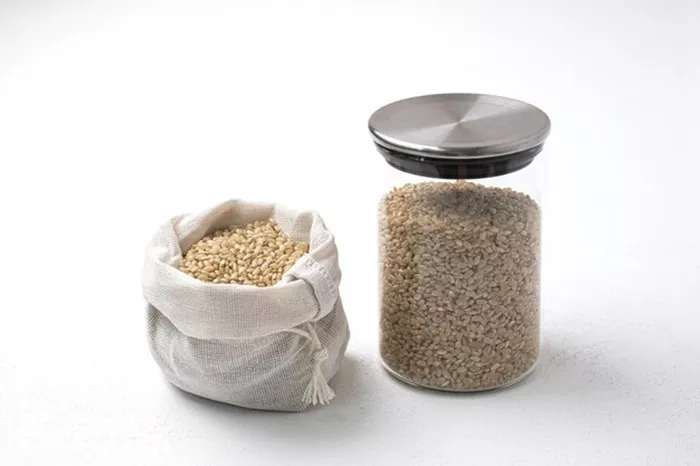Experts have raised concerns that the nutritional potential of rice, a staple food in Bangladesh, is not being fully utilized due to the prevalent consumption of polished rice. During a seminar hosted by the Bangladesh Kala O Biggyan Parishad in the capital, nutritionists and agricultural experts emphasized the health benefits of unpolished rice and preserving rice starch after cooking.
Professor Emeritus AK Azad Chowdhury, the chief guest at the event, pointed out that despite Bangladesh’s status as the third largest rice producer globally, the nation faces significant nutritional deficiencies. He advocated for the retention of rice starch in the diet to mitigate these deficiencies. “By polishing rice, its nutrients, including essential vitamins, are discarded. While polished rice may be more commercially appealing, its nutritional value is compromised,” Professor Chowdhury explained.
Former Professor Khurshid Jahan of the Institute of Food and Nutrition Science at Dhaka University highlighted the crucial role of rice in the country’s food security. Rice is a source of not only carbohydrates but also proteins, vitamins, and minerals like iodine and zinc. “The nutritional value of rice starch often goes unrecognized. Raising awareness about its benefits could greatly enhance the nutritional intake of our population,” Professor Jahan stated.
Echoing similar sentiments, MA Sattar Mandal, former vice-chancellor of Bangladesh Agricultural University, advised against consuming polished rice. “Consumers should avoid polished rice for their health. Essential nutrients are contained in rice starch, and it should not be discarded,” he asserted.
Gazi Rafiq, director of Utilizing Rice for Disease Control and Prevention, provided detailed insights in his keynote speech. He shared that studies indicate 10-20 percent of rice’s nutrients are lost through polishing, and an additional 15 percent are lost when rice starch is discarded. “Thus, although rice is a staple, we are deprived of adequate calories and essential nutrients,” he concluded.
The experts collectively called for a shift towards unpolished rice and the inclusion of rice starch in meals as part of a broader initiative to improve nutritional awareness and practices at the household level in Bangladesh.
































